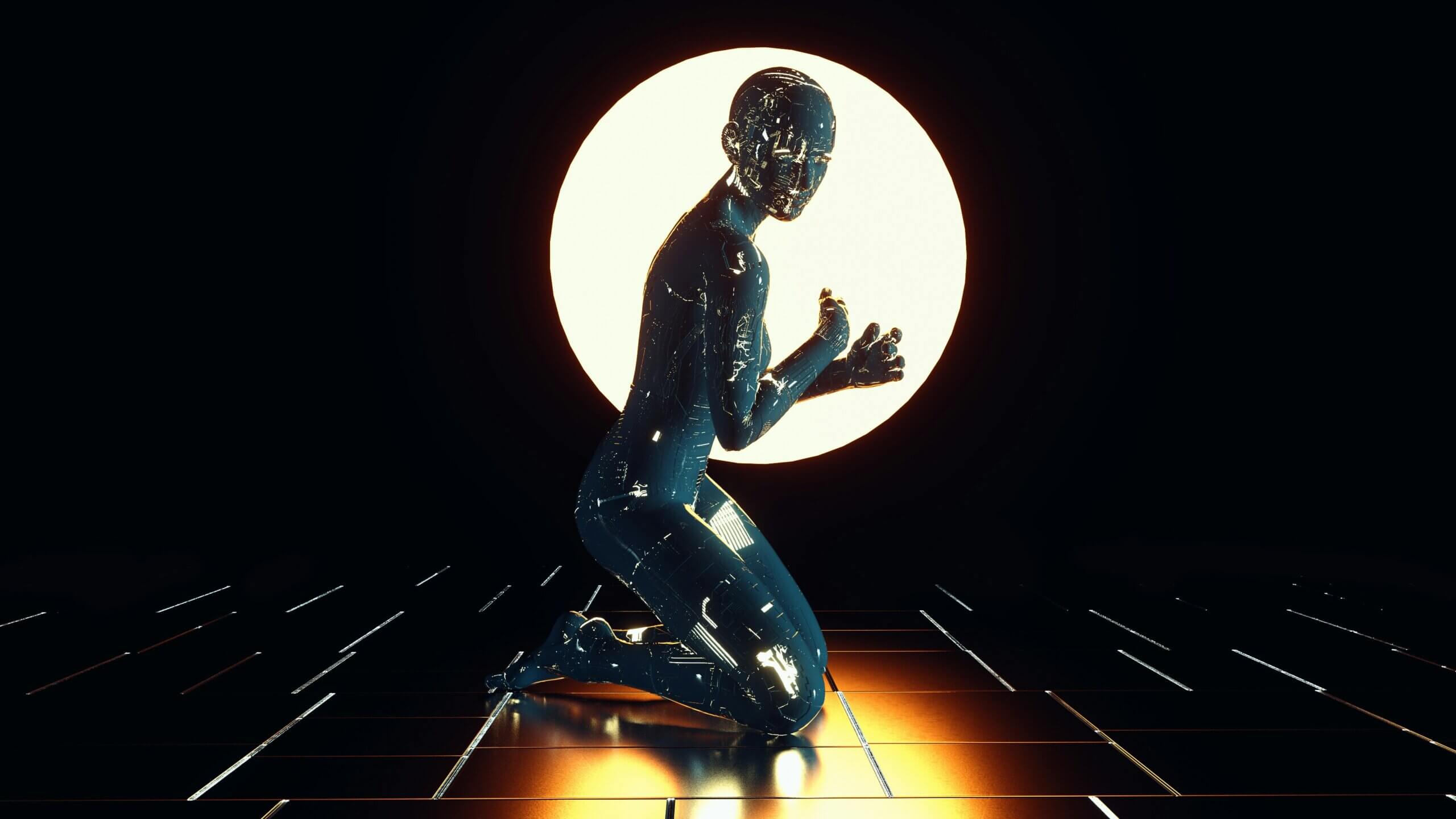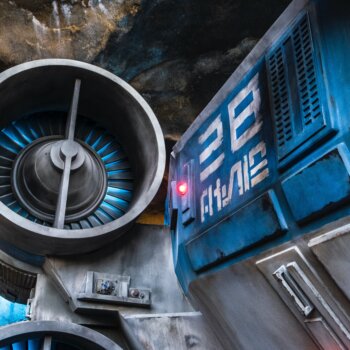Key Takeaway:
Tech industry leaders are discussing the convergence between humans and machines, inspired by transhumanism. Elon Musk’s company Neuralink aims to facilitate this convergence, aiming to prevent humans from being left behind in technology advancements. Transhumanists advocate for the three “supers” of superintelligence, superlongevity, and superhappiness. Companies like OpenAI, DeepMind, and Anthropic are racing towards artificial general intelligence (AGI), which is seen as vital for designing our evolutionary futures. However, the promises and perils of AI development may be overstated, as they have a lot to gain by making us believe they are on the verge of engineering a divine power. The future of transhumanism may be influenced by the current unequal world and the need to consider the implications of human enhancement.
Many prominent people in the tech industry have talked about the increasing convergence between humans and machines in coming decades. For example, Elon Musk has reportedly said he wants humans to merge with AI “to achieve a symbiosis with artificial intelligence”.
His company Neuralink aims to facilitate this convergence so that humans won’t be “left behind” as technology advances in the future. While people with disabilities would be near-term recipients of these innovations, some believe technologies like this could be used to enhance abilities in everyone.
These aims are inspired by an idea called transhumanism, the belief that we should use science and technology to radically enhance human capabilities and seek to direct our own evolutionary path. Disease, aging and death are all realities transhumanists wish to end, alongside dramatically increasing our cognitive, emotional and physical capacities.
Transhumanists often advocate for the three “supers” of superintelligence, superlongevity and superhappiness, the last referring to ways of achieving lasting happiness. There are many different views among the transhumanist community of what our ongoing evolution should look like.
For example, some advocate uploading the mind into digital form and settling the cosmos. Others think we should remain organic beings but rewire or upgrade our biology through genetic engineering and other methods. A future of designer babies, artificial wombs and anti-aging therapies appeal to these thinkers.
This may all sound futuristic and fantastical, but rapid developments in artificial intelligence (AI) and synthetic biology have led some to argue we are on the cusp of creating such possibilities.
God-like role
Tech billionaires are among the biggest promoters of transhumanist thinking. It is not hard to understand why: they could be the central protagonists in the most important moment in history.
Creating so-called artificial general intelligence (AGI) – that is, an AI system that can do all the cognitive tasks a human can do and more – is a current focus within Silicon Valley. AGI is seen as vital to enabling us to take on the God-like role of designing our own evolutionary futures.
That is why companies like OpenAI, DeepMind and Anthropic are racing towards the development of AGI, despite some experts warning that it could lead to human extinction.
In the short term, the promises and the perils are probably overstated. After all, these companies have a lot to gain by making us think they are on the verge of engineering a divine power that can create utopia or destroy the world. Meanwhile, AI has played a role in fuelling our polarised political landscape, with disinformation and more complex forms of manipulation made more effective by generative AI.
Indeed, AI systems are already causing many other forms of social and environmental harm. AI companies rarely wish to address these harms though. If they can make governments focus on long-term potential “safety” issues relating to possible existential risks instead of actual social and environmental injustices, they stand to benefit from the resulting regulatory framework.
But if we lack the capacity and determination to address these real world harms, it’s hard to believe that we will be able to mitigate larger-scale risks that AI may hypothetically enable. If there really is a threat that AGI could pose an existential risk, for example, everyone would shoulder that cost, but the profits would be very much private.
A familiar story
This issue within AI development can be seen as a microcosm of why the wider transhumanist imagination may appeal to billionaire elites in an age of multiple crises. It speaks to the refusal to engage in grounded ethics, injustices and challenges and offers a grandiose narrative of a resplendent future to distract from the current moment.
Our misuse of the planet’s resources has set in train a sixth mass extinction of species and a climate crisis. In addition, ongoing wars with increasingly potent weapons remain a part of our technological evolution.
There’s also the pressing question of whose future will be transhuman. We currently live in a very unequal world. Transhumanism, if developed in anything like our existing context, is likely to greatly increase inequality, and may have catastrophic consequences for the majority of humans.
Perhaps transhumanism itself is a symptom of the kind of thinking that has created our parlous social reality. It is a narrative that encourages us to hit the gas, expropriate nature even more, keep growing and not look back at the devastation in the rear-view mirror.
If we’re really on the verge of creating an enhanced version of humanity, we should start to ask some big questions about what being human should mean, and therefore what an enhancement of humanity should entail.
If the human is an aspiring God, then it lays claim to dominion over nature and the body, making all amenable to its desires. But if the human is an animal embedded in complex relations with other species and nature at large, then “enhancement” is contingent on the health and sustainability of its relations.
If the human is conceived of as an environmental threat, then enhancement is surely that which redirects its exploitative lifeways. Perhaps becoming more-than-human should constitute a much more responsible humanity.
One that shows compassion to and awareness of other forms of life in this rich and wondrous planet. That would be preferable to colonising and extending ourselves, with great hubris, at the expense of everything, and everyone, else.





























